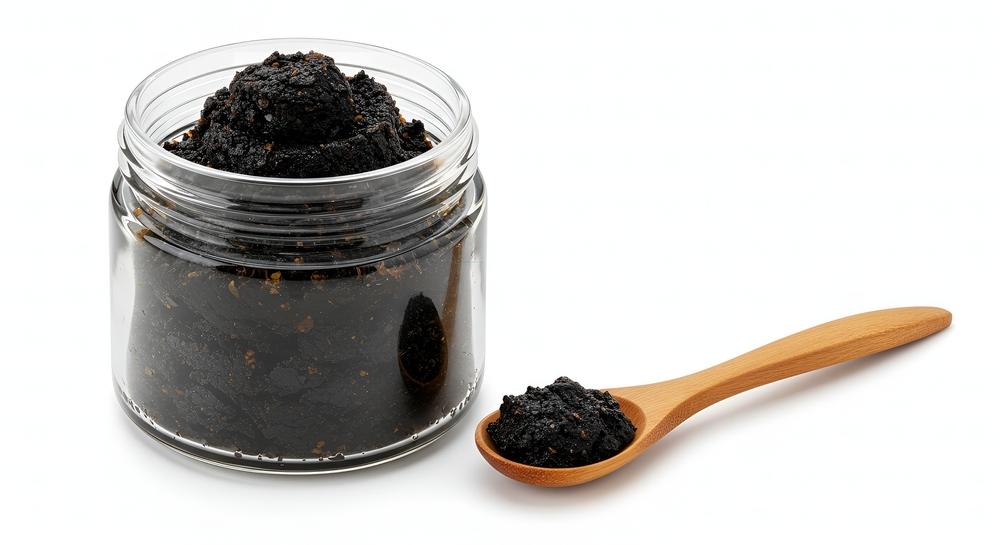The Benefits of Shilajit: Energy, Brain Health, and Vitality
For centuries, shilajit has been used in Ayurvedic medicine as a rejuvenating remedy. This sticky, tar-like substance forms naturally in the rocks of the Himalayas and other mountainous regions, where plant matter and minerals decompose under pressure over thousands of years. Today, shilajit is available in supplement form, making it accessible to those who want to benefit from its unique composition without sourcing it directly from nature. In the UK, interest in shilajit supplements has grown rapidly, thanks to its potential role in supporting energy, brain function, and overall vitality.
What Makes Shilajit Unique?
Shilajit is rich in fulvic acid, a compound believed to help the body absorb essential minerals and nutrients more effectively. Alongside this, it contains trace minerals such as iron, magnesium, and zinc, which are vital for energy production and cellular health. The combination of these nutrients gives shilajit its reputation as a powerful natural revitalizer.

Shilajit and Cognitive Health
One of the most interesting areas of research on shilajit is its potential effect on the brain. Laboratory studies have suggested that fulvic acid may help prevent the build-up of tau protein tangles in the brain—structures associated with cognitive decline and Alzheimer’s disease. A study published in the International Journal of Alzheimer’s Disease highlighted shilajit’s neuroprotective potential and encouraged further investigation into its role in supporting memory and cognition (study here).
While human trials are still limited, these findings open the door to future use of shilajit as a natural way to support brain health and long-term mental clarity.
Physical Performance and Energy Support
Shilajit has also been studied for its ability to improve physical performance. In one small clinical trial, men who took shilajit over a period of several weeks showed improvements in strength and endurance compared to those taking a placebo. Researchers suggest that its rich mineral content and antioxidant properties may reduce fatigue and support recovery after exercise.

A review published in Phytotherapy Research described how shilajit may enhance mitochondrial function—the process by which our cells produce energy—helping to explain why users often report improved stamina (research link).
Safety and Usage
Clinical studies have generally found shilajit to be safe when taken in moderate doses. One placebo-controlled study found that supplementation up to 2,000 mg per day over six weeks did not cause adverse effects in participants. That said, the safety and quality of shilajit can vary greatly depending on the source. For this reason, choosing a trusted supplement brand is crucial.
Shilajit Capsule form offers a reliable way to avoid impurities sometimes found in raw shilajit resin, ensuring consistent dosing and convenience. As with any supplement, it’s best to consult with a healthcare professional before starting, particularly for those who are pregnant, nursing, or managing medical conditions.
Final Thoughts
Shilajit represents a fascinating blend of ancient tradition and modern scientific interest. While large-scale human trials are still needed to confirm its full range of benefits, the existing evidence points to promising effects on cognitive health, physical performance, and cellular energy.
As research continues, shilajit may well move from being a niche supplement to a mainstream option for those looking to boost both body and mind—naturally.
Explore travel, food and wellness features at Ravish Magazine, your go-to Ravish lifestyle magazine.





